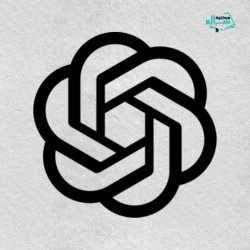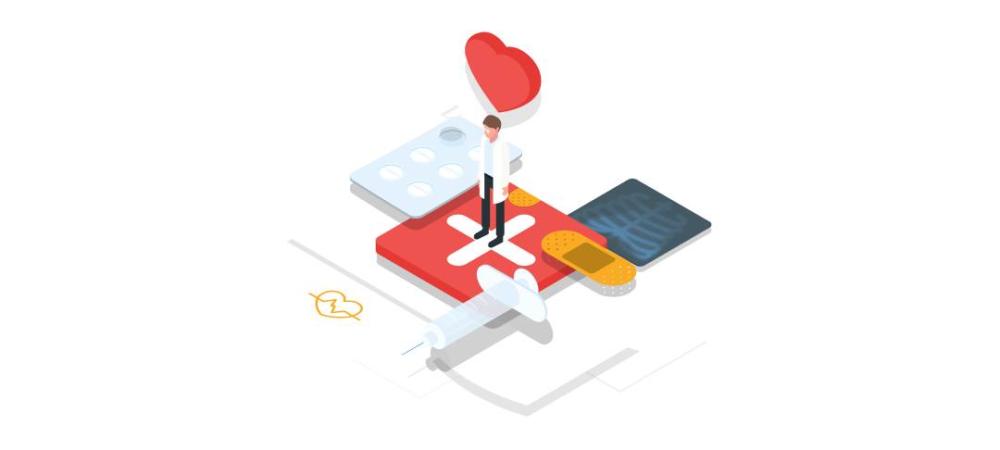
A recent study revealed that ChatGPT-4 has surpassed doctors in diagnosing diseases based on patient case records. This highlights the potential of artificial intelligence in the medical field, as well as the challenges of effectively integrating it into healthcare systems.
Key Findings of the Study
Diagnostic Accuracy:
- ChatGPT-4 achieved an impressive 90% accuracy in diagnoses.
- In comparison:
- Doctors who used ChatGPT irregularly scored 76% accuracy.
- Doctors who did not use ChatGPT scored 74%.
Resistance to AI Recommendations:
- Many doctors stuck to their initial diagnoses, even when ChatGPT provided better alternative suggestions, reflecting a challenge related to trusting AI-generated insights.
Inefficient Use of the Program:
- Some doctors failed to maximize ChatGPT's potential, using it as a basic search engine instead of leveraging its ability to analyze complex medical cases comprehensively.
Historical Context of AI in Medicine
Efforts to develop systems that mimic medical reasoning have been ongoing for decades but faced significant challenges:
- Trust Issues: Doctors were often skeptical about the reliability of earlier systems.
- Efficiency Concerns: Traditional systems lacked the speed and accuracy needed for real-world application.
Unlike older systems, ChatGPT does not replicate human thought processes but excels in analyzing natural language and identifying patterns, making it a powerful tool for handling complex medical data.
The Role of ChatGPT in Modern Healthcare
Second Opinions for Doctors:
- ChatGPT can act as a support tool, providing additional insights and analyses that improve diagnostic accuracy.
Enhancing Medical Practice:
- ChatGPT is not a replacement for doctors but serves as a "medical assistant" that enhances their efficiency and supports better patient care.
The Need for Training:
- To fully benefit from ChatGPT, medical professionals require proper training on how to use it effectively.
- There must be a shift in mindset to embrace AI-generated insights as part of the diagnostic process.
Challenges and Future Outlook
Trusting AI Recommendations:
- Doctors need to gain confidence in the accuracy and reliability of ChatGPT's suggestions, which can be achieved through evidence-based validations.
Effective Use:
- Physicians must be trained to use ChatGPT as a comprehensive analysis tool rather than a traditional search engine.
Ethical and Practical Concerns:
The integration of AI in medicine raises important issues, such as:
- Protecting patient data privacy.
- Determining accountability in cases of errors.
- Ensuring equitable access to AI-powered tools worldwide.
The study highlights the immense potential of AI, particularly ChatGPT-4, in improving disease diagnosis and enhancing medical accuracy. However, fully realizing this potential requires proper training for doctors and a change in how AI is perceived in the medical field.
As artificial intelligence continues to evolve, its role in healthcare is expected to grow, fostering collaboration between human expertise and machine intelligence to achieve better outcomes for patients.
Read also: “OpenAI” launches “Chat GPT Search”

